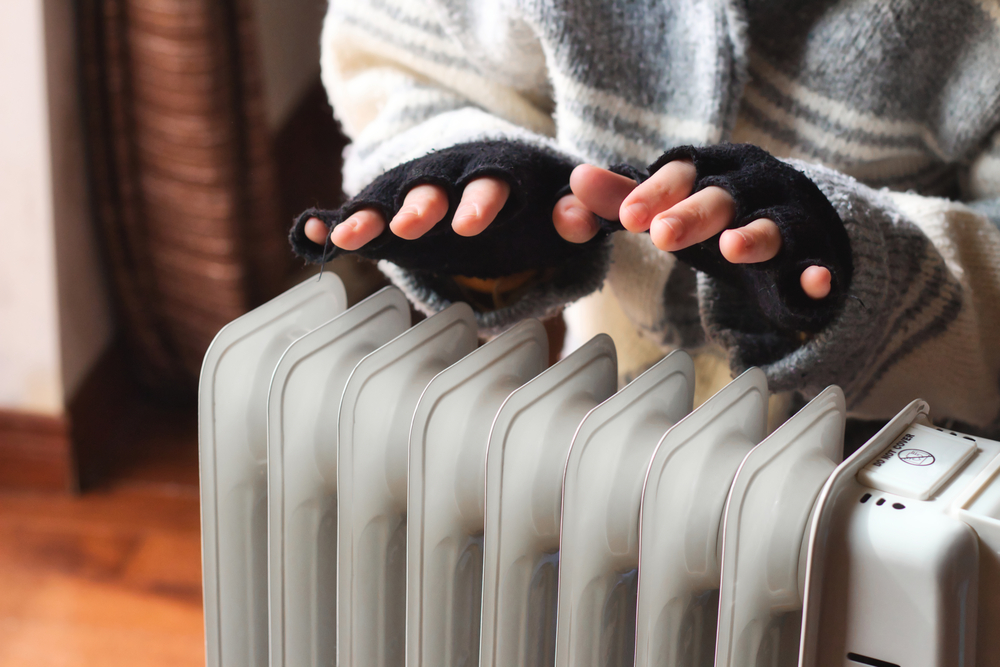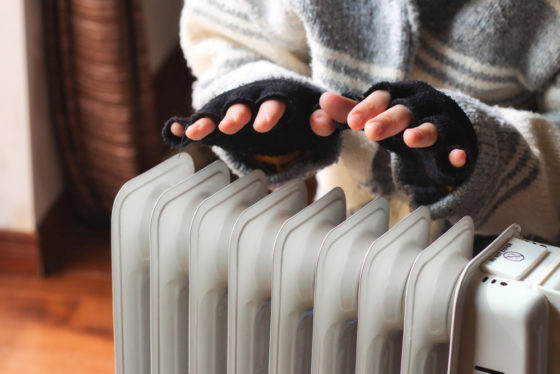Households will have 4% less to spend next year: CPB


The government’s plans to cap energy prices will dampen the impact of higher fuel costs but the average household in the Netherlands will still have about 4% less to spend in 2022 and 2023, the government’s macro-economic policy unit CPB said on Tuesday.
The decline in spending power is due to high inflation and lagging wage growth, the CPB said. At the same time, the government deficit will rise to 3% of GDP next year.
‘The cabinet has bought time with the support measures, but it must now think quickly about an exit strategy starting in 2023,’ said CPB director Pieter Hasekamp. ‘We are facing structurally higher energy prices. A structural problem calls for structural solutions, which the current price cap is not.’
The CPB puts inflation at 3.5% next year, but says it would be 2.5 percentage points higher without the price cap.
The CPB also warns that 430,000 low income households risk being unable to pay for food, housing and energy costs, and in a harsh winter, this could increase to 500,000 households.
With energy prices expected to remain high beyond 2023, public policy could best focus on sustainability and energy conservation, with targeted compensation to the most vulnerable households, the CPB said.
Thank you for donating to DutchNews.nl.
We could not provide the Dutch News service, and keep it free of charge, without the generous support of our readers. Your donations allow us to report on issues you tell us matter, and provide you with a summary of the most important Dutch news each day.
Make a donation